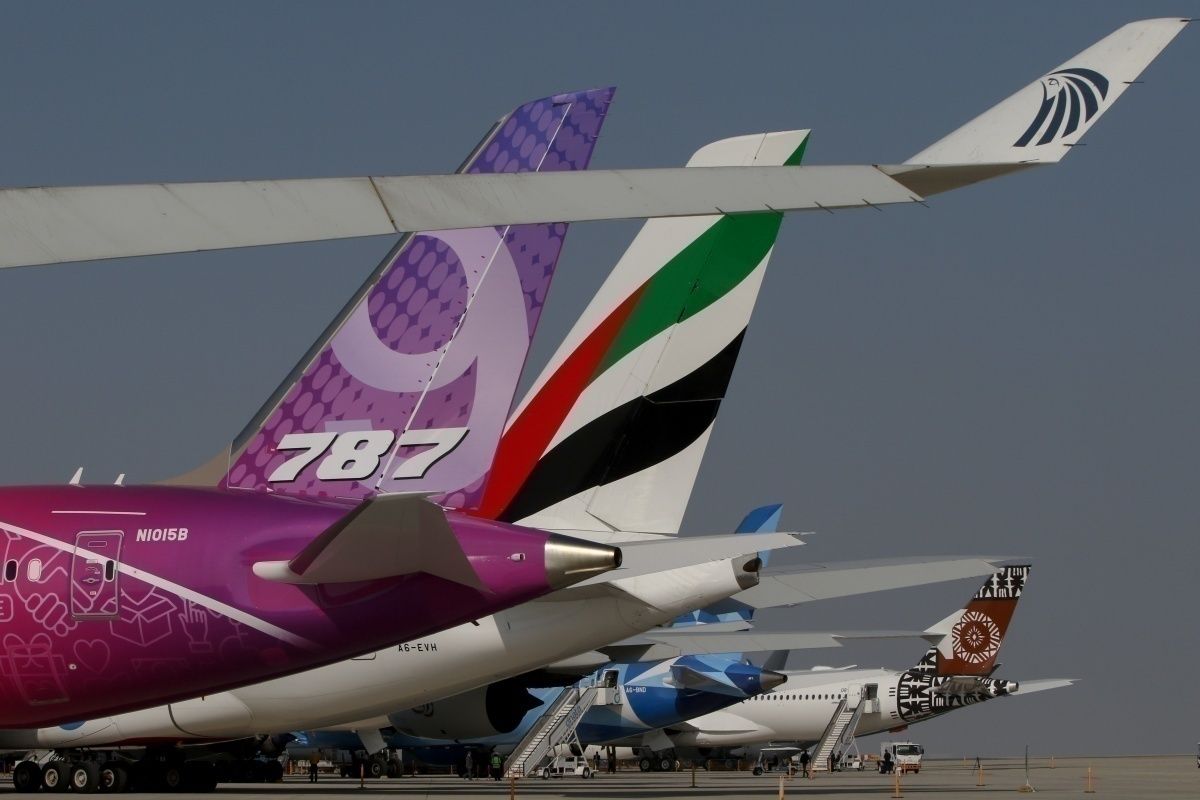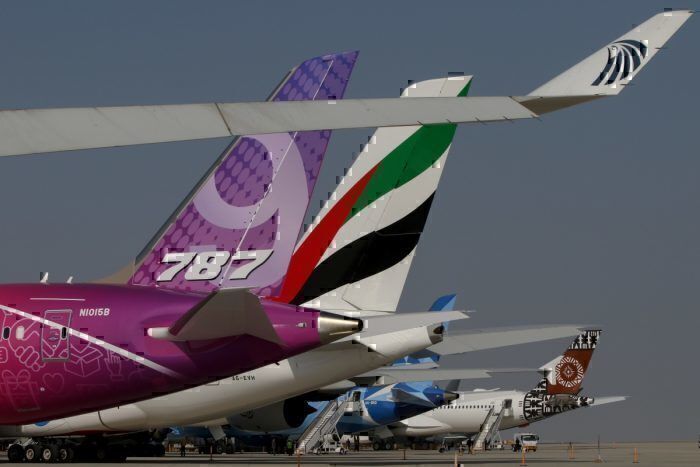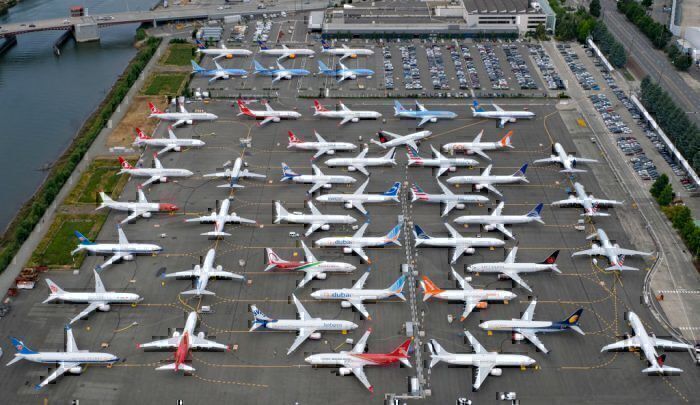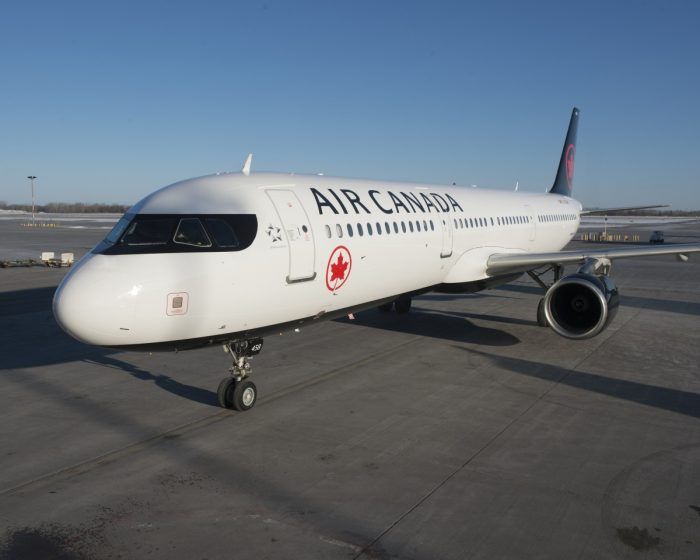There has been global uncertainty within the aviation industry over the last few years. Therefore, it is no coincidence that in 2019, 50 percent of Airbus and Boeing deliveries were to leasing firms.
According to a 2020 preview document published by Avolon, these deliveries have been either from direct orders or through sale leasebacks (SLBs).
The Ireland-based lessor goes on to state that over $150 billion of new aircraft financing is required this year. Therefore, the company and its counterparts will continue to play an important role between both manufacturers and airlines during the 2020s.
Growing presence
Avalon’s vice president of aircraft evaluation Jim Morrison spoke of the problems that the industry faced last year. The Boeing 737 MAX crisis had a domino effect on the market with many airlines struggling to adapt to the aircraft’s grounding.
Along with this, several carriers collapsed after failing to cope with the rapidly-changing landscape. Subsequently, these incidents had an impact on leasing companies.
“The aviation industry grappled with the repercussions of the tragic B737 MAX accidents while Airbus struggled with aircraft delivery delays," Morrison said in the foreword to Avalon’s document, titled 2020 Outlook.
"During 2019, we saw more than 20 carriers fail but, despite this, global airlines’ net profit remained robust at an estimated US$26 billion.
"These failures underpinned our previous years’ assertion that, despite high load factors, there were too many cheap seats available."
Morrison went on to state that the failures resulted in a record number of aircraft being released. Leasing firms were able to successfully re-market and re-deploy several of their planes. This highlighted a high demand for air travel and fleet transitions.
Global factors
The company’s senior commercial vice president Steve Mason forecasted how leasing will be impacted by future occurrences. He mentioned how geopolitical uncertainty and international trade tensions will define the year.
Last year, many firms were affected by the trade disputes between China and the United States. Furthermore, 2020 kicked off with escalated tensions between Iran and the US, with some passengers already being fatally impacted.
With various airlines going through financial difficulties, they are more likely to go for leasing options than buying outright, especially within such a fragile global climate.
A practical solution
There are benefits to aircraft leasing for all sizes of airlines. Newer and smaller firms have less capital to invest in wholly-owned aircraft so can get help to get off the ground by leasing. Meanwhile, industry veterans often choose to lease to help them in times of fleet transition.
Altogether, lessors are in a strong position to capitalize on their growing presence within the aviation industry this decade. With flexible payment options available, airlines may continue to look at leasing their aircraft.
What are your thoughts on how half of the aircraft deliveries made within the last year were to lessors? Let us know what you think in the comment section.




